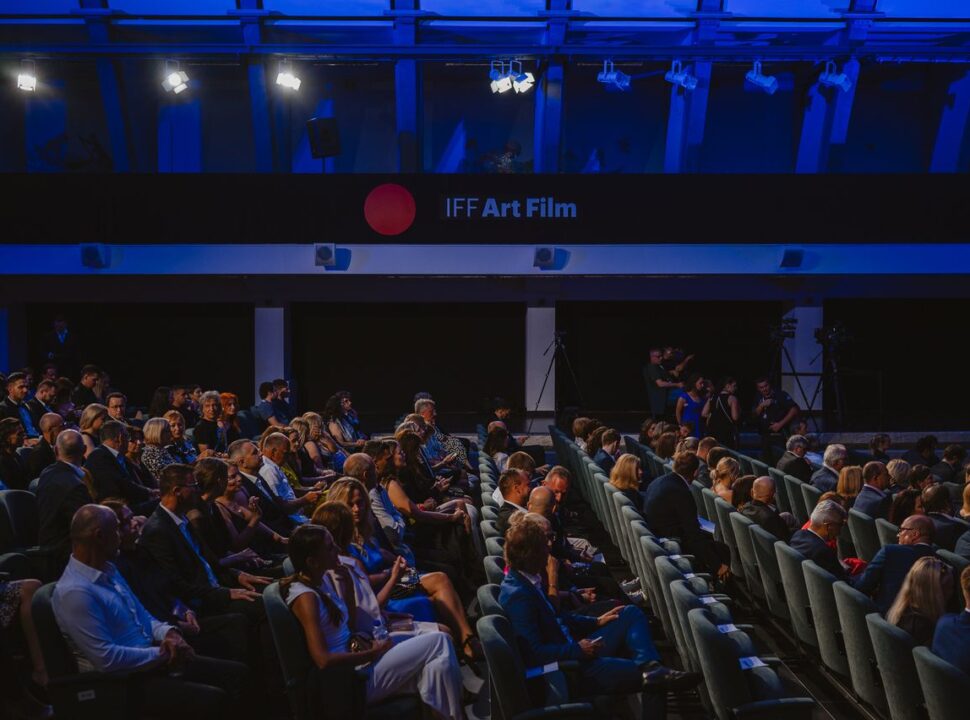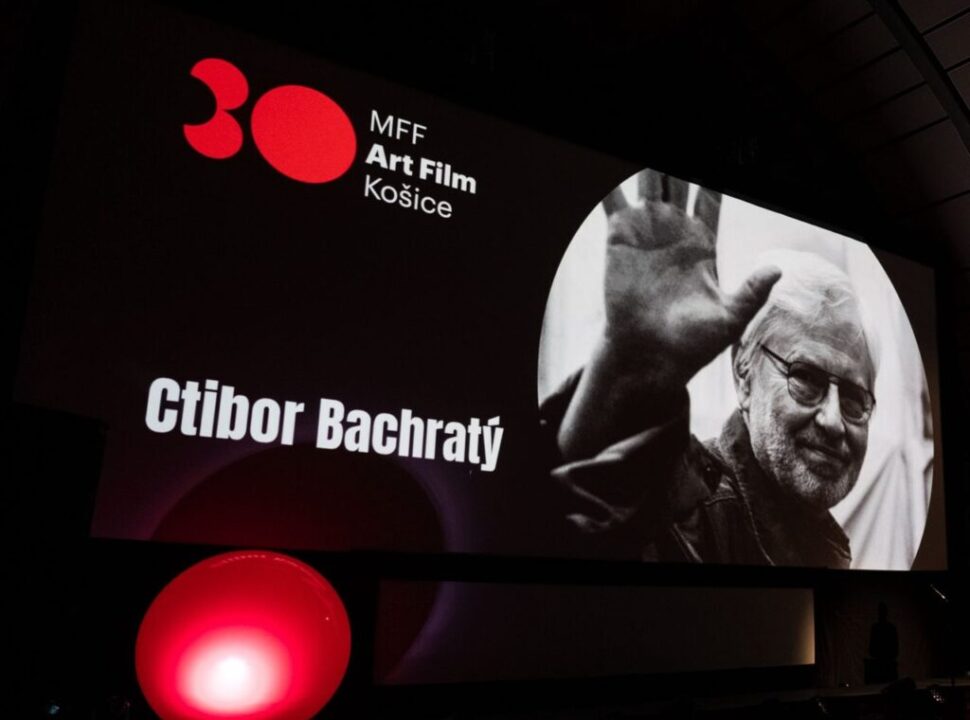Laura Aimone was born in Ivrea, Italy, in 1978. She graduated in foreign languages and literatures and studied film history at the University of Copenhagen in Denmark and at Mount Holyoke College in the United States. She has been working for international film festivals since 2004, collaborating with, among others, the Venice Biennale, the Berlinale, the Doha and Ajyal Film Festivals in Qatar, the Edinburgh Film Festival in Scotland, the Madeira Film Festival in Portugal and the Tampere Film Festival in Finland. She also works as a film consultant for films from the Arabian Gulf region for the Middle East Now Film Festival in Florence, Italy. She curated the section “Short Film Special: Window on Qatar”, which is part of the programme at this year’s Art Film Fest. She lives in Venice when she is not travelling around the world.
Emir Baigazin was born in 1984 in Kazakhstan. He graduated in directing from the Kazakh National Academy of Arts in 2009. While at school he shot several shorts which were shown at a variety of film festivals. He was invited to participate in a workshop at the Asian Film Academy in Busan, South Korea in 2007, and he was selected for the Berlinale’s Talent Campus a year later. His feature debut “Harmony Lessons” (Uroki garmonii, 2013) was the first Kazakh film ever to be selected for the Berlinale’s main competition, where it won the Silver Bear for Outstanding Artistic Contribution. The film’s 25 recognitions worldwide also included the Blue Angel for Best Film at Art Film Fest 2013.
Director Václav Kadrnka was born in Zlín in 1973. In 1988 he moved to the United Kingdom with his family, where he earned a degree in theatre studies. From 1999 to 2008 he studied fiction filmmaking at FAMU in Prague. In 2011 his feature-length debut “Eighty Letters” (Osmdesát dopisů) premiered in the Berlinale’s official selection, garnering considerable international acclaim. He is currently completing his second feature-length film, “Little Crusader” (Křižáček), a Czech-Slovak coproduction based on the writings of Jaroslav Vrchlický. He has taught at FAMU in Prague since 2014.
Tina Leisch is a Viennese film and theatre director, well known for her experimental theatre projects – e.g. she developed the play “Irrgelichter am Spiegelgrund” with patients of Vienna’s notorious “Steinhof” psychiatric hospital. She won the Nestroy Award, Austria’s most significant theatre prize, for her staging of George Tabori’s “Mein Kampf”. Her first cinematically released feature-length documentary “Gangster Girls” won a Special Mention at the 2008 Vienna IFF. Her documentary “I Must Do Something About It” (Dagegen muss ich etwas tun, 2009) portrays the resistance fighter Hilde Zimmermann, and her “Roque Dalton, Let’s Shoot the Night!” (Roque Dalton, erschiessen wir die Nacht!) focuses on El Salvador’s most notable poet, Roque Dalton. It was named Best Documentary Feature at the CineLasAmericas IFF in Austin, Texas and at ElOjoCojo IFF in Madrid. She recently finished her newest documentary “Solely the Dead are Coming Home: Insights into the Kurdish Resistance in Turkey”.
Gyula Nemes was born in 1974 in Vác, Hungary. In 2007 he graduated in documentary filmmaking from Prague’s FAMU in the same class as Věra Chytilová and Karel Vachek. He debuted with the short feature “Parrot” (2001), based on the writings of Bohumil Hrabal. His film “The Dike of Transience” (A mulandóság gátja, 2004) was screened in the short documentary competition at Karlovy Vary in 2004 and his “Lost Word” (Letűnt világ, 2008) won the festival’s Best Documentary award. His feature film “My One and Onlies” (Egyetleneim, 2006) was screened in Critics’ Week at Venice. His Hungarian-Czech-German co-production “Zero”, a drama about globalisation, is in post-production. Gyula has shot films around the world – in Africa, Asia and South America. He also produces his own projects through his companies Absolut Film Studio and Playtime.



